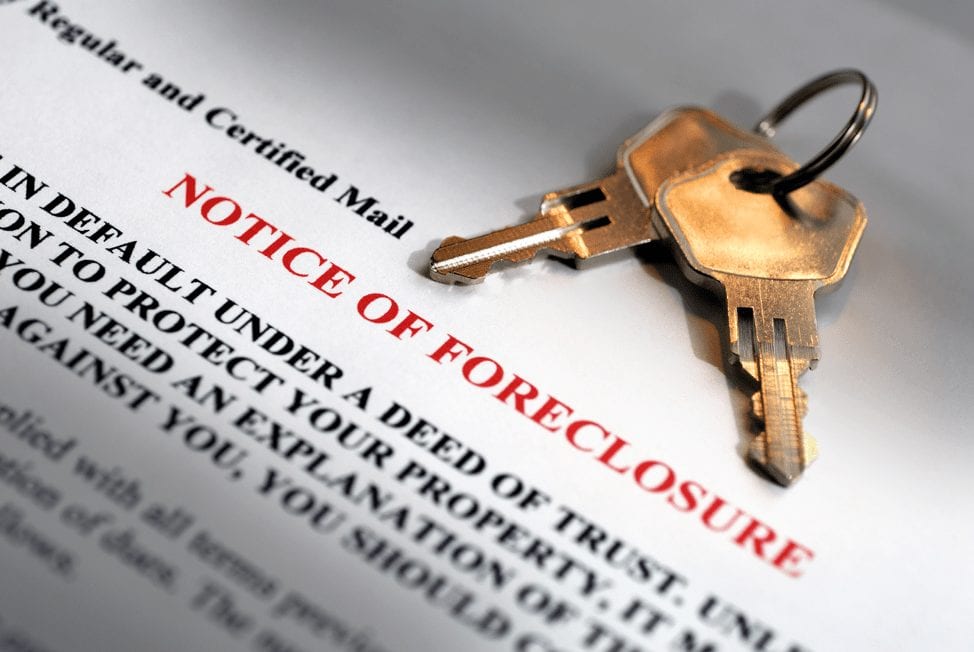Homeowners often don’t know what to do about foreclosure when they lose their job or face unanticipated hardship. If things aren’t bad enough, a fraudulent foreclosure-related company can get word of your situation (foreclosure filings can be found in public records). Predatory “foreclosure consultants” or “foreclosure specialists” are out there looking for people like you.

The most common foreclosure scams include:
Equity Skimming
A person presenting themselves as a buyer convinces you to sell the property, promising to pay off your mortgage. The caveat is you need to move out immediately and deed the property to them. You may assume they’re making monthly payments thereafter, but instead they rent out the home and collect rental payments. But they don’t make any mortgage payments. You soon end up in foreclosure anyway, not knowing anything was wrong, with years of bad credit.
Phantom Help
The scammer poses as a mortgage counselor promising you a lower interest rate or to negotiate a loan modification. They will claim they’re experienced working with your lender. You might be instructed to avoid contacting the lender or your lawyer, stop making mortgage payments, or send them somewhere else (to the scammer). They may send formal letters to your lender and file a lawsuit, costing you thousands of dollars in fees and mortgage payments; and once paid, the scammer will be gone forever.
Lease and Buy Back
A third-party investor might offer you a bailout option in which you transfer the deed of the home, and can remain there as a renter. You’ll be offered to buy back the home over time once your financial situation improves. In effect, you have a non-existent investor and a landlord that increases your rent until you can’t afford it. Just one late payment can get you evicted, and the scammer walks off with your home and equity.
Watch Out for Phony Lenders
Many foreclosure scams appear to come from legitimate lenders. A fraudulent loan modification is one example. It promises lower monthly payments, but homeowners must pay high reinstatement fees and start with a few “trial payments”. The documentation may look official. However, the scammer gets your payments, not the lender, so you still risk foreclosure.
Also, your lender may agree to refinancing, but doesn’t tell the full story. Your mortgage payments may be lower. Later, you’re surprised with a lump sum balloon payment. If you can’t pay up, you can lose your home.
Phony loan transactions can occur when you least expect them. You transfer the title of your home to the lending company, for a fraction of its value. All the while, they charge exorbitant fees, penalties, balloon/interest-only payments, and rate adjustments.
Always be on alert for Internet and phone scams. What seems like a legitimate lender accepts your application, obtaining your Social Security and bank account information in the process. You may then face identity theft and foreclosure—double trouble!
Hire a Los Angeles Foreclosure Attorney Today
To protect your interests, it’s better to have a lawyer review documents and stay in touch with your lender. A Los Angeles or Orange County foreclosure attorney can go over your situation and discuss legitimate options. At Oaktree Law, we stand for your rights and work according to California law regarding property ownership and foreclosure. Whether its bankruptcy, loan modification, or short sale negotiation, our attorneys are there every step of the way, and will even litigate your case if necessary.
Contact us at 562-219-2979 or request a free evaluation today to get started.